Salk Edge Summer Program

Overview and Goals
Salk Edge equips graduate students for careers in science. The goal of this two-week, technique-intensive summer program is to train current PhD candidates on cutting-edge research techniques while also supporting the use of these new techniques in their home labs. In addition, students will participate in several soft skills workshops (including scientific communication, grant writing, networking, and more) and have the opportunity to meet and network with different Salk labs, current trainees, staff, and faculty interested in recruiting post-docs.
Primary program goals:
- Provide participants with high-quality instruction in cutting-edge research techniques and soft skills to prepare for postdoctoral positions in top-tier labs.
- Provide participants with networking opportunities with Salk faculty.
In addition to providing roundtrip travel and lodging accommodations, the students will be awarded a $1,000 pilot grant to help implement these new technologies at their home institution’s PhD lab.
2025 Program Dates: July 14 – 25, 2025
Application submission is now closed.
Eligibility Requirements
Applicants must:
- Be a current PhD student who has chosen a lab for their thesis work.
- International students are eligible to apply, so long as they have their own visa to be in the United States.
Application Requirements and Tips
Applicants must complete an online application and submit their resume or curriculum vitae (CV).
Deadline: Sunday, January 26, 2025, 11:59 p.m. PST
*Students of all backgrounds are encouraged to apply. This program aims to build and sustain a strong biomedical research pipeline to advance the Institute’s mission for training the next generation of bold, innovative scientists.
Application submission is now closed.
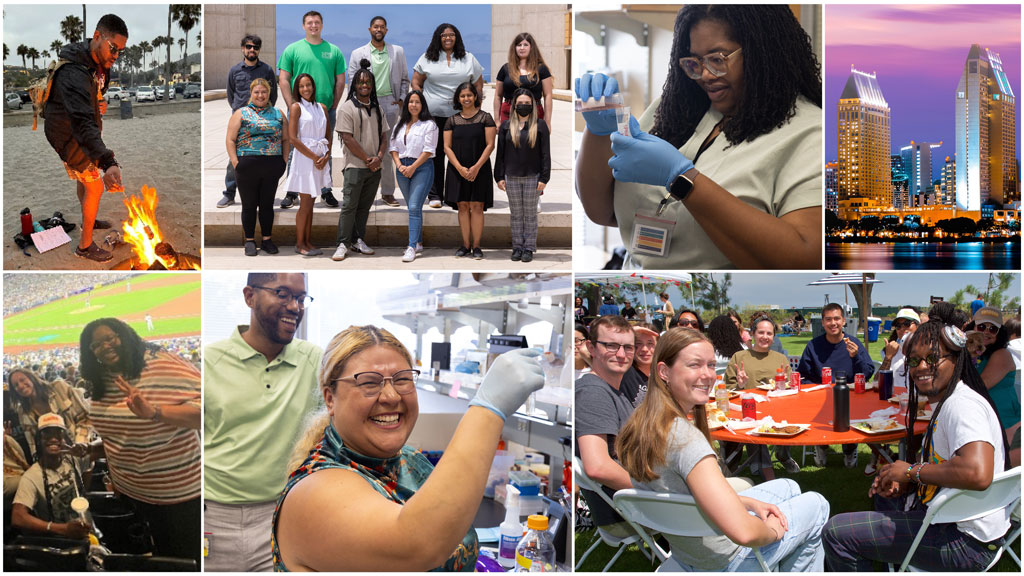
Program outline
During the program, students will spend the morning in their track-specific sessions. Lunch will be provided each day throughout the program and include networking sessions with Salk trainees, faculty, and staff. Afternoon sessions will be dedicated to in-depth and hands-on soft skills workshops led by Salk faculty, postdocs, and staff.
Sample itinerary:
9:00 a.m. – 12:30 p.m. | Genome Editing in Cancer track session
12:30 – 1:30 p.m. | Networking lunch with Salk postdoctoral fellows
1:30 – 4:00 p.m. | Soft Skills Workshop: How to Give an Elevator Pitch
Soft Skills Trainings
Throughout the two-week program, Salk Edge participants will attend daily soft skills workshops on the following topics:
- Networking
- Elevator Pitches
- Scientific Communication
- Formal Communication: Presentations
- Grants
- Introduction to Grants
- How to Write an Aims Page
- Resources and Peer Review
- Effective Mentorship
Pilot Funding
Upon completion of the program, each participant will be awarded a $1,000 pilot grant to be used for implementing new research techniques in their PhD labs upon their return.
These funds are intended for the student to employ new technology during their PhD studies. These funds must be used by the PhD student’s home lab and can be used to purchase reagents, supplies, or recharges for shared facilities.
The pilot funds cannot be used to support the salary of the student or other personnel, animal costs, or travel.
Salk Edge – Program Track Topics
Genome Editing in Cancer Details»Computational Neuroscience Details»
Bioinformatics of Immune Cells Details»
Exploring Salk and the San Diego Area
Fun at Salk
Throughout the Salk Edge program, participants will have the opportunity to engage in several of Salk’s community events including our monthly SalkFEST where Salkies can connect and get to know one another over themed foods, refreshments, games, and more!
Fun in San Diego
The program also organizes planned group activities like attending a Padres baseball game or heading to the beach for a bonfire. Salk Edge participants will also be given the opportunity to explore the greater San Diego area on their own time during evenings and weekends. Information on San Diego’s public transportation options are provided to the students prior to their arrival, along with additional resources for getting around and exploring San Diego.
Contact Us
If you have any application questions, please email community@salk.edu.
Past Cohorts
2024 Cohort:
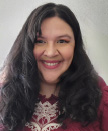
(DSPAN Fellow)
University of California, Davis
Neuroscience, AMPA receptors
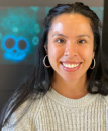
Clemson University
Gut Microbiota

UT Health San Antonio
Epigenetics in breast cancer metastasis

Clark Atlanta University
Prostate Cancer
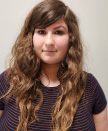
(NIAAA F31 Fellow)
Medical University of South Carolina
Neuroscience, Addiction, Memory
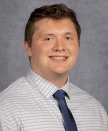
(NSF GRFP Fellow)
Georgia Institute of Technology / Emory University
Alzheimer’s, Microglia, Cytokines
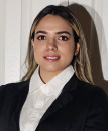
University of California, Davis
Breast Cancer Metastasis
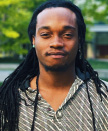
(HHMI Gilliam Fellow)
University of California, Davis
Neuroscience, Synapses
